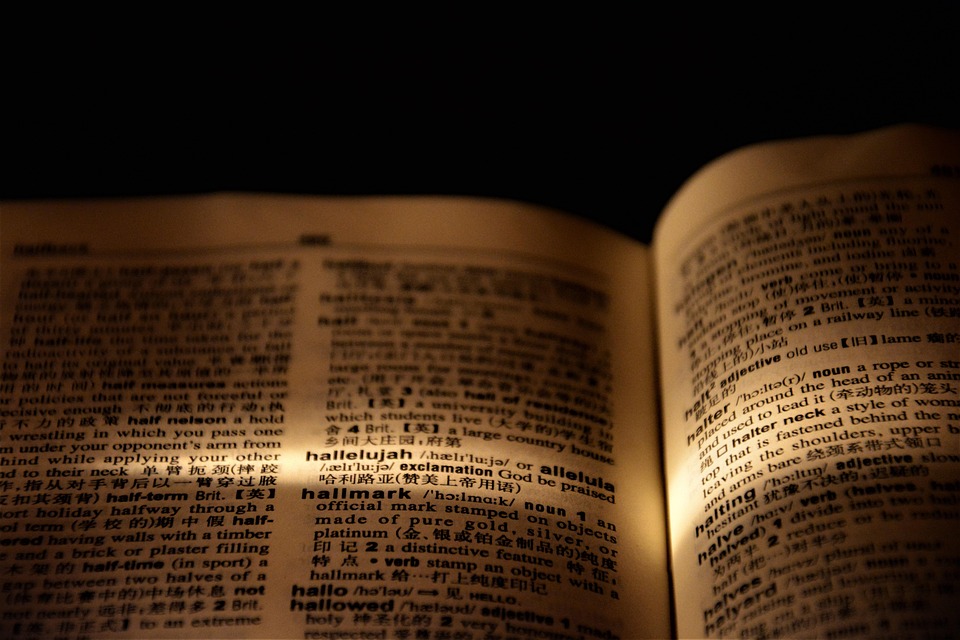Unveiling the Mysteries of the Kabbalistic Tradition: A Historical and Philosophical Perspective
The Kabbalistic tradition, a mystical and mystical Jewish tradition, has been shrouded in mystery for centuries. Its intricate and complex teachings have fascinated scholars, philosophers, and spiritual seekers alike. In this article, we will delve into the historical and philosophical underpinnings of the Kabbalistic tradition, exploring its development, key concepts, and the significance of its teachings.
Historical Background
The Kabbalistic tradition has its roots in the ancient Hebrew scriptures, particularly in the Torah and the Prophets. However, it was not until the Middle Ages that Kabbalah emerged as a distinct philosophical and mystical movement. The first recorded Kabbalistic texts date back to the 12th century, in southern France and Spain. These early texts, such as the Sefer Yetzirah (Book of Creation) and the Zohar (Book of Splendor), laid the foundation for the development of the Kabbalistic tradition.
Over the centuries, Kabbalah evolved and branched out into various schools of thought, each with its unique interpretations and emphasis. The most influential schools of Kabbalah were the Spanish Kabbalah, the Lurianic Kabbalah, and the Hasidic Kabbalah. Each of these schools contributed to the richness and diversity of the Kabbalistic tradition.
Key Concepts
The Kabbalistic tradition is centered around several key concepts that underlie its philosophical and mystical framework. Some of the most important concepts include:
- Ein Sof: The infinite, unknowable, and unbounded divine essence, which is the source of all creation.
- Sephirot: The ten divine emanations that mediate between Ein Sof and the physical world, representing different aspects of the divine, such as wisdom, compassion, and justice.
- Tzimtzum: The concept of divine contraction, which allows for the creation of the universe and the emergence of free will.
- Shekhinah: The divine presence that resides within the world, illuminating and guiding human existence.
- Tikkun Olam: The concept of repairing the world, which emphasizes the importance of human participation in the redemptive process.
Philosophical Perspective
The Kabbalistic tradition offers a unique philosophical perspective on the nature of reality, the human condition, and the divine. Some of the key philosophical themes include:
- Monism: The idea that all of existence is interconnected and ultimately one, with the divine being the underlying reality.
- Panentheism: The concept that the divine is both immanent and transcendent, pervading all of existence while remaining beyond human comprehension.
- Theurgy: The idea that human actions can influence the divine realm and contribute to the redemptive process.
- Free Will: The emphasis on human freedom and the importance of moral choice in shaping individual and collective destiny.
Influence and Legacy
The Kabbalistic tradition has had a profound impact on Jewish thought and culture, shaping the development of Jewish mysticism, philosophy, and literature. Its influence can also be seen in the works of prominent thinkers, such as Isaac Luria, Moses Cordovero, and Abraham Isaac Kook.
Beyond the Jewish tradition, Kabbalah has also influenced Western esotericism, particularly in the areas of alchemy, astrology, and theosophy. The Kabbalistic tradition has inspired artists, writers, and musicians, including the likes of William Blake, Gustav Klimt, and Leonard Cohen.
Conclusion
The Kabbalistic tradition is a rich and complex philosophical and mystical movement that offers a unique perspective on the nature of reality, the human condition, and the divine. Through its intricate web of concepts and ideas, Kabbalah provides a framework for understanding the mysteries of the universe and the human experience. As we continue to explore and uncover the secrets of the Kabbalistic tradition, we may discover new insights into the mysteries of existence and our place within the grand tapestry of creation.
Recommendations for Further Study
For those interested in delving deeper into the Kabbalistic tradition, we recommend the following texts and resources:
- The Zohar: The foundational text of the Kabbalistic tradition, available in various translations and commentaries.
- The Kabbalah: A comprehensive introduction to the Kabbalistic tradition, covering its history, philosophy, and practices.
- The Works of Isaac Luria: A collection of texts and teachings from one of the most influential Kabbalists in history.
- The Kabbalah Centre: A modern organization dedicated to promoting the study and practice of Kabbalah, offering online courses, lectures, and resources.
By exploring the Kabbalistic tradition, we may uncover new insights into the mysteries of existence and our place within the grand tapestry of creation. As we continue to unravel the secrets of Kabbalah, we may discover a deeper understanding of ourselves, the universe, and the divine.


Leave a Reply